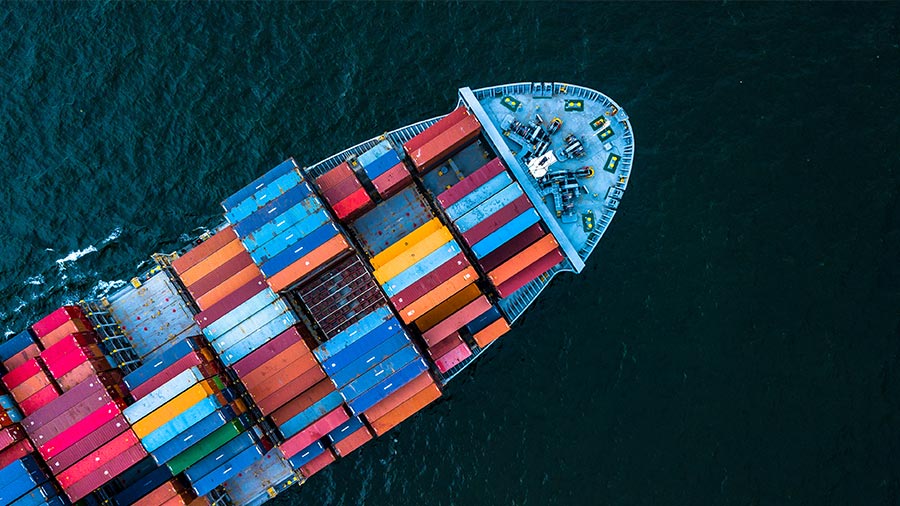China’s New Foreign Minister Touring Southeast Asia
May 1 – China’s new Foreign Minister Wang Yi has made Southeast Asia his first overseas destination since his appointment, a move signaling Beijing’s renewed desire for closer ties with its neighbors. For the first time in over 15 years, Asian destinations were given first priority by a newly-appointed foreign minister. Wang’s first overseas mission is now underway, and will include a six-day visit to ASEAN member states Thailand, Indonesia, Singapore and Brunei. The last time Asia was the first port of call for a new Foreign Minister was in April 1998, when Tang Jiaxuan visited Indonesia and Singapore to discuss financial issues across Asian currencies amid the Asian financial crisis.
Analysts have suggested that Southeast Asia was prioritized as part of the new foreign policy goals set during China’s 18th Party Congress held last November in a bid to settle border disputes and simmering tensions over claims in the South China Sea. These issues were also discussed during last week’s ASEAN summit in Brunei. During the summit, China appeared to have relaxed on its previous policy of only dealing with maritime disputes on a bilateral basis, a position which ASEAN nations believe to delay effective agreements on the handling of regional disputes.
Wang’s choice of countries for his trip is significant in several aspects. First, of the four nations being visited, neither are close allies of China (such as Myanmar and Cambodia) nor neighbors which China has ongoing territorial disputes with (such as Vietnam and the Philippines). Instead, the four countries were likely picked for being neutral and influential in the 10-member ASEAN bloc, which is currently chaired by Brunei.
In the South China Sea – a maritime hub crucial for international shipping lanes – China is locked in territorial rows with the Philippines, Vietnam, Malaysia and Taiwan. Additionally, according to analyst Zhang Mingliang from Jinan University in Guangzhou, by visiting Thailand, Indonesia and Singapore (countries with strong ties to the United States), China wants to show that it is willing to work with regional countries who are close to other major powers.
“With ASEAN free trade agreements opening up both Asia and China to each other, Wang Yi has seen that China’s immediate problems and opportunities lie on its own doorstep. In terms of trade, ASEAN is about to become China’s top trading partner, and the four countries being visited are amongst the strongest economies in the region,” commented Chris Devonshire-Ellis, Founding Partner of Dezan Shira & Associates.
“In terms of security, China has some diplomatic ground to make up after what was largely perceived as unnecessary conflict provocation last year. These meetings harbor well for a more consistent approach to dealing with its neighbors. China cannot afford to upset ASEAN, as the region is the first port of call for many Chinese exports. The economic dynamics of this are being promoted ahead of and in favor of the territorial disputes we saw upset many of its neighboring countries at the end of Hu and Wen’s tenure in charge,” he further added.
Dezan Shira & Associates is a specialist foreign direct investment practice, providing corporate establishment, business advisory, tax advisory and compliance, accounting, payroll, due diligence and financial review services to multinationals investing in emerging Asia. Since its establishment in 1992, the firm has grown into one of Asia’s most versatile full-service consultancies with operational offices across China, Hong Kong, India, Singapore and Vietnam as well as liaison offices in Italy and the United States.
For further details or to contact the firm, please email china@dezshira.com, visit www.dezshira.com, or download the company brochure.
You can stay up to date with the latest business and investment trends across China by subscribing to Asia Briefing’s complimentary update service featuring news, commentary, guides, and multimedia resources.
Related Reading
 Are You Ready for ASEAN 2015?
Are You Ready for ASEAN 2015?
ASEAN integration in 2015, and the Free Trade Agreements China has signed with ASEAN and its members states, will change the nature of China and Asia focused manufacturing and exports. In this important issue of Asia Briefing we discuss these developments and how they will impact upon China and the Global Supply Chain.
China’s Double Taxation Avoidance Agreement With Brunei
China’s Double Taxation Avoidance Agreement With Indonesia
China’s Double Taxation Avoidance Agreement With Singapore
China’s Double Taxation Avoidance Agreement With Thailand
- Previous Article China to Provide Supportive Fund for Outsourcing Service Providers
- Next Article China’s MOC Releases Report on Foreign Trade Situation (Spring 2013)


























